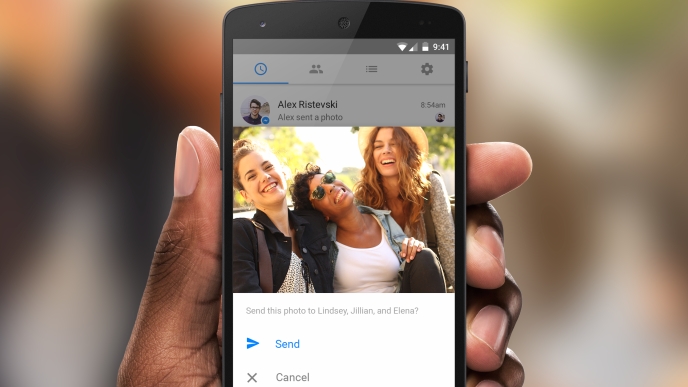Your Facebook friends are probably more popular than you
It's an unavoidable rule of social media

Sign up for breaking news, reviews, opinion, top tech deals, and more.
You are now subscribed
Your newsletter sign-up was successful
You've got a lot of friends, right? Sure you do. Loads of friends - on Facebook, Twitter, Instagram and more. So many friends. Friends friends friends friends friends. Unfortunately, researchers studying social media have some bad news. On average, those friends have more friends than you do.
Naghmeh Momeni Taramsari is studying social media links as part of her PhD in Electrical and Computer Engineering at McGill University.
"Most people tend to think that they are better than their friends when it comes to intelligence, memory, popularity, and other personal traits," she explained.
"This perception is false, at least in the context of online social networks. In reality, our friends really have more friends than we do, on average. Moreover, our friends are more active (post more material), and are more influential (their posts are viewed and passed on more often). This is known as the Generalized Friendship Paradox."
You shouldn't feel bad about this, because we're all in the same boat. It's down to the inherently hierarchical nature of these websites. People almost always follow more- or equally-influential people, they rarely follow those with fewer followers than themselves.
As a result, almost all users experience the paradox - even those who are super-active and influential.
'Just the way we're connected'
"Social networks do not simply comprise a few ultra-popular people with tens of millions of followers, followed by the masses, and who themselves only follow a few others," says Michael Rabbat, the other author on Momeni's paper, published in PLOS One.
Sign up for breaking news, reviews, opinion, top tech deals, and more.
"Rather, Twitter is hierarchical in the following sense: those who have millions of connections mostly follow others with million connections.
Those with thousands of connections mostly follow others with thousands or millions of connections. Those with a few connections follows others with few, thousands, or millions of connections."
"Apparently, it's just the way we're connected."
